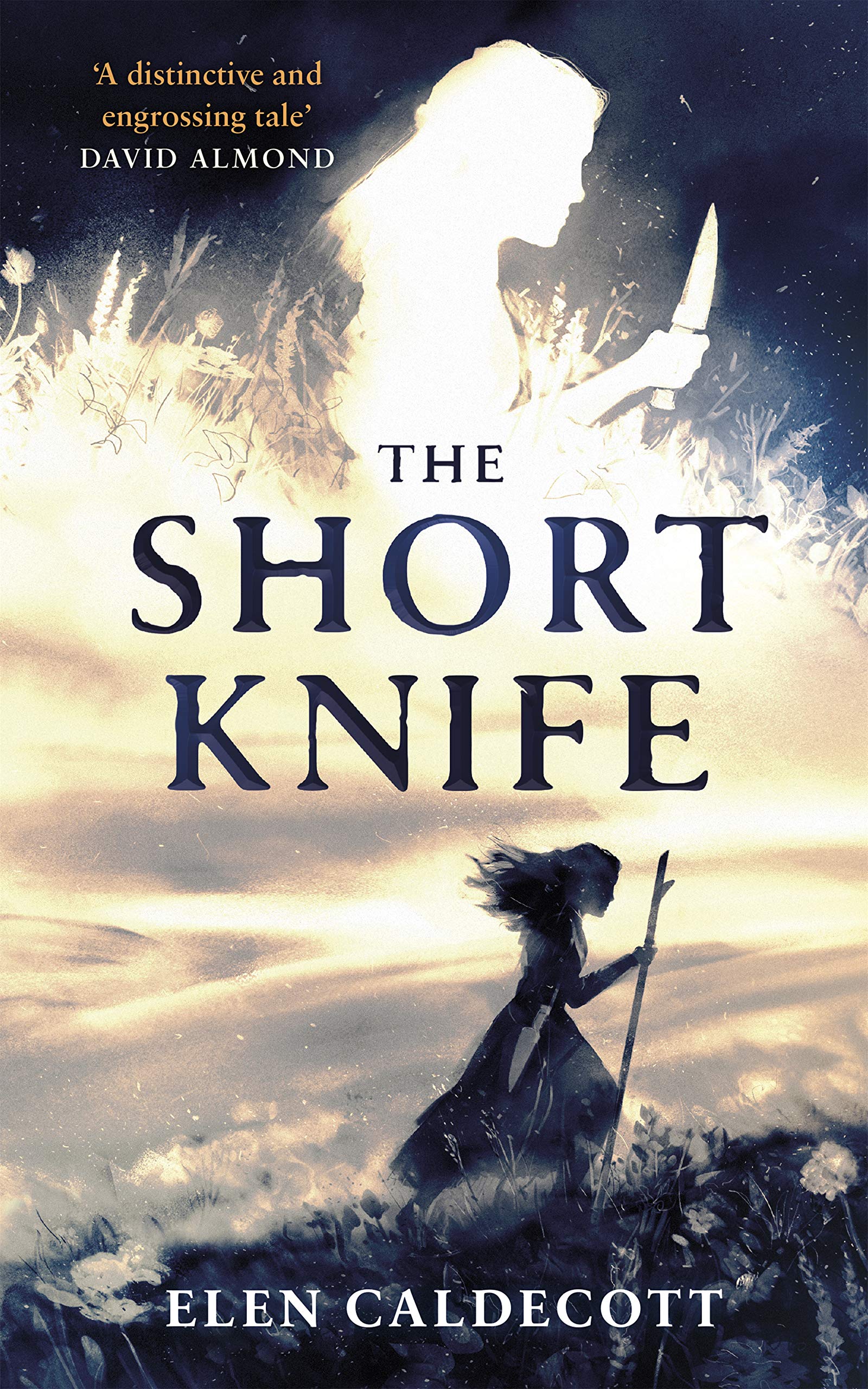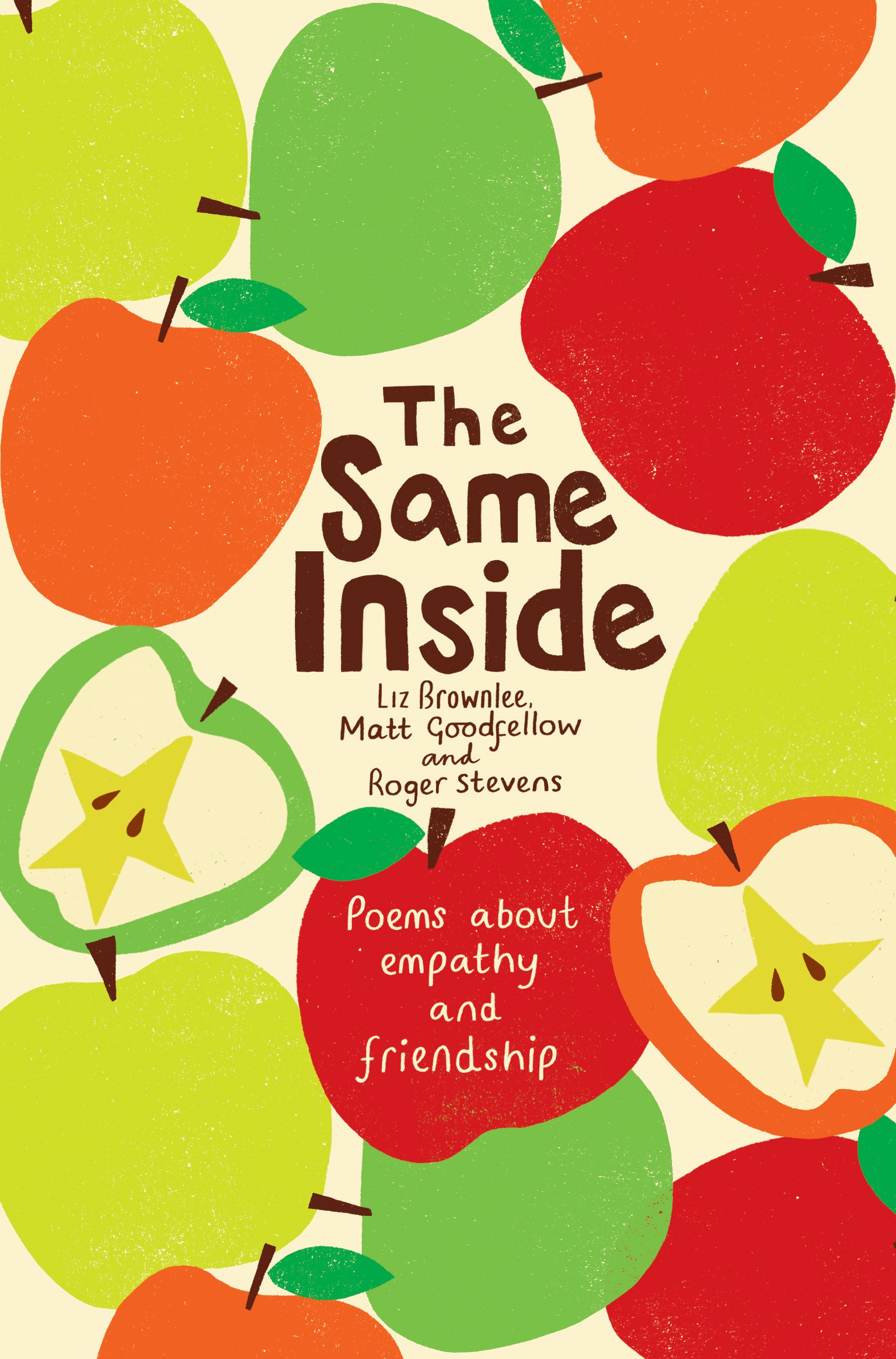L is for Lepus europeaus (Hare) and Leveret
L is for the Latin name for the hare. And L is also for Leveret, the name of a baby hare.
This superb image is by Allan Drewitt for Natural England, on Flikr.
Hares are very like rabbits, but a lot rarer, and altogether more wild and beautiful.
For me, a rabbit sits on the grass, fur lifted by the breeze – the hare is the spirit of the wind that parts the grass.
The hare is one of the most common folklore symbols around the world – not only because it is a mysterious creature that is hidden the main part of the year, but because it is extraordinarily adaptable and has spread into many countries all over the planet.
They are mainly seen in March when the females fight the males in courtship (see below, image taken by Allan Drewitt for Natural England), the amazing leaping, dashing and aerial combats are a sign of spring, new life and freedom.
In fact these displays carry on until autumn, but under the cover of long grasses they are not seen.
Hares do not live in burrows – they make a small scrape in the ground called a form, and stay as still as possible in their wonderful camouflage to avoid being seen.
However, if they are spotted, they will leap up and zig zag away at speeds up to 35 mph.
Females give birth to their young in grass, they are furred and can see and hop within minutes – she scrapes little forms for them to lie still in during the day.
She leaves them hiding in the grass while she eats to provide them with milk – she returns just once in the evening to feed them.
This is a photo of a leveret in grass by Laurence Poulange on Flikr.
Hares are one of the most beautiful creatures in the UK, but they are declining in numbers due to new farming methods, loss of habitat and the use of pesticides.
Poem? Which to do… I have one about a leveret which I have posted before, but which has been changed, and one I wrote more recently. I think I’ll go with the new one:
.
Hare
.
Hare is myth and magic,
soil and breeze,
its soul leaps light
as swirls of leaves,
its pelt of earth
glints in the sun,
forms as the dew
on grasses sprung,
all wild eyes
and legs and ears,
as moon in night-cloud –
disappears.
.
Poem © Liz Brownlee
Photos © Allan Drewitt for Natural England, and Laurence Poulange.
Information from Wiki.
If you would like to blog-hop to the next A-Z Challenge blog, please click here.
If you’d like to read about or buy my book, Animal Magic, full of animal poems and fascinating facts, click here.
- Posted in: A-Z Blog Challenge 2015 ♦ Animals ♦ Poems ♦ Sustainability
- Tagged: animals, hare, leveret, mad march hares, nature, poems, poetry, science, sustainability, wildlife




























Great post. I didn’t know all the details but do know they are larger than the rabbit. What a shame they are disappearing. That takes some effort since they have so many young
LikeLiked by 1 person
They breed all through the spring till the end of the summer, up to three times, but most of their young will be eaten by predators. The young are much more able than rabbits to fend from birth as they stay an extra 10 days or so in the womb, but they have no burrow to hide in.
LikeLike
I live out in the sticks in north west France, here too we have plenty of pesticide use, but the vast majority of land is arable. Most farmers here practise crop rotation, which means there are plenty of wild spaces for the numerous hares I see every year to hide in.
Beautiful creatures and a real sign of spring.
Hare in French is “lievre,” not so far from a leveret.
LikeLike
They are beautiful. We were struck when we visited France how the hedgerows rung with crickets in the evening – that doesn’t happen here.
LikeLiked by 1 person
No wonder they are solitary creatures – they learn to be so from birth. Great poem.
LikeLiked by 1 person
Thank you Liz! I love hares.
LikeLike
Loving your posts and your poems, Liz. We’ve been lucky with sighting hares this year. But we do live in a mainly organic patch of the Island.
LikeLike
Thank you. It sounds idyllic!
LikeLike
Lovely post and poem! I am glad you stopped by so I could visit your blog. Great theme you have chosen. Animals are close to my heart – I guess I have some reading to do.
LikeLiked by 1 person
Thank you, Charlotte! I usually visit about 20 a day but today I have had to write two poems for different anthologies so I have only just surfaced!
LikeLike
I love this. I love all your posts, although I haven’tcommented on all of them recently 🙂
LikeLike
Hello Jemima – thank you very much!
LikeLike
One of my favourites Liz x
LikeLike
Oh, good… I like this one, too!
LikeLike